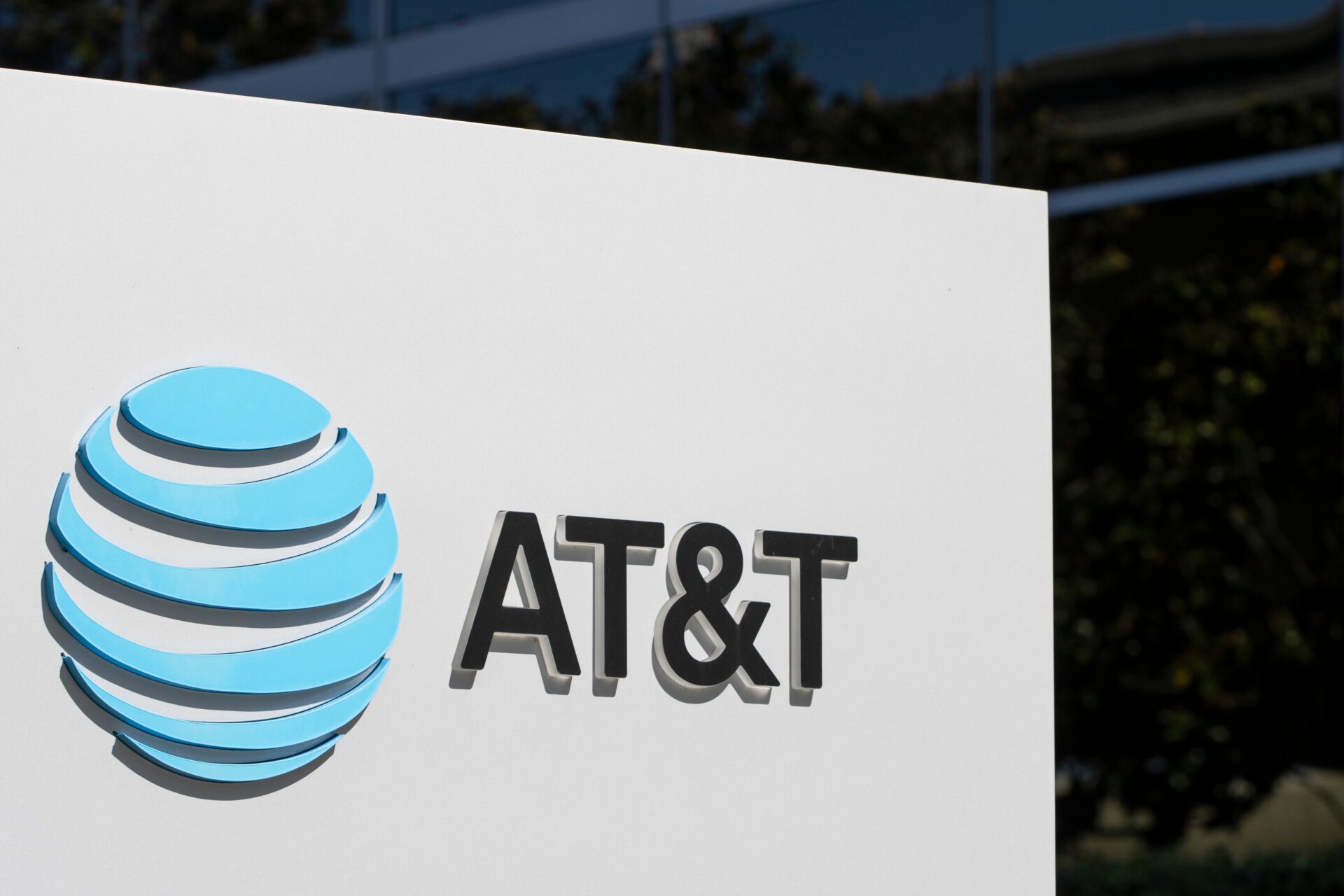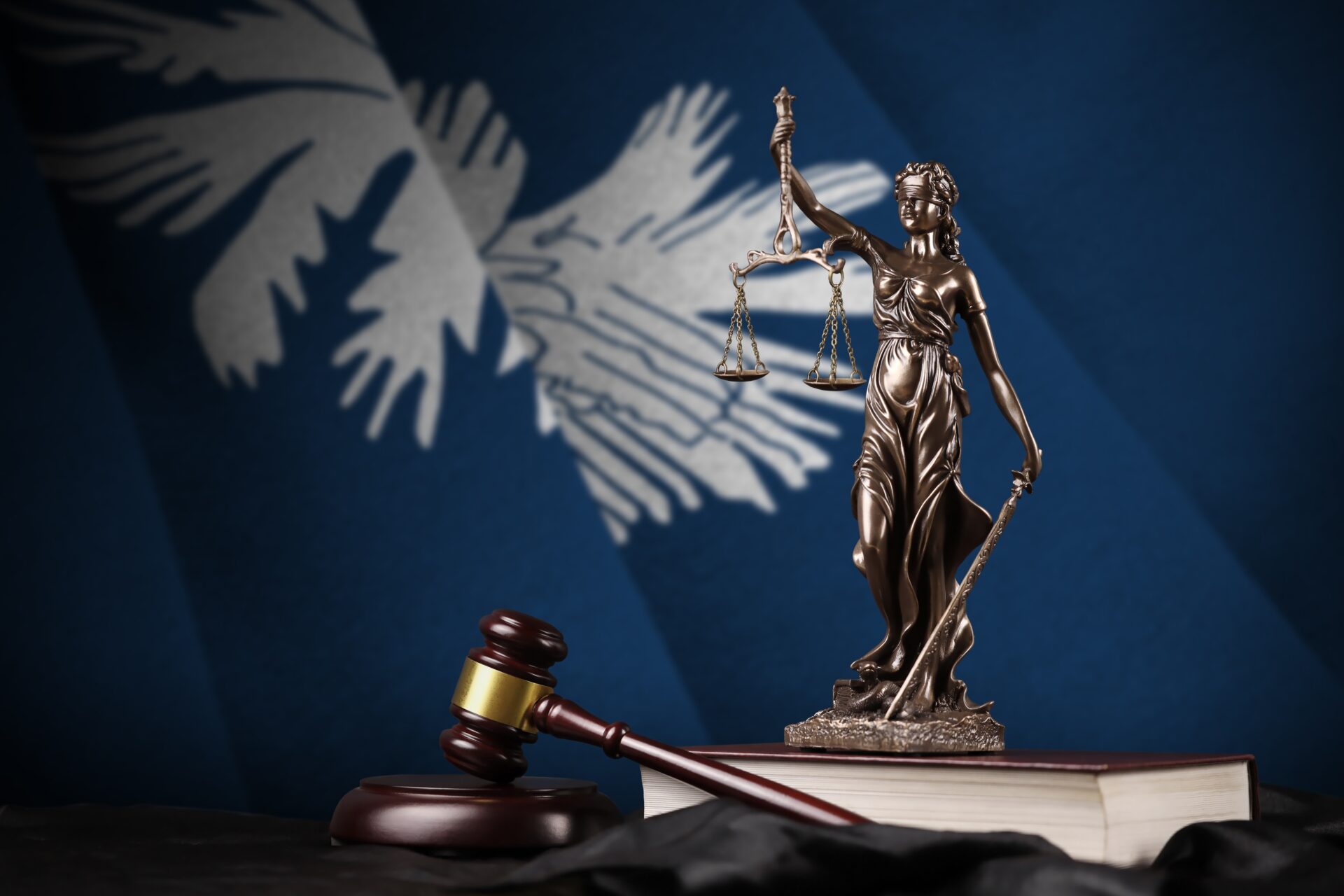
Telecom Breach Leaves MILLIONS Exposed!
AT&T’s massive 2024 data breaches exposed sensitive information of more than 73 million Americans, sparking outrage, lawsuits, and calls for tougher privacy protections.
At a Glance
- Over 73 million customers’ Social Security numbers, call logs, and birth dates exposed
- AT&T initially denied the breach before admitting fault and resetting millions of credentials
- A $177 million settlement offers up to $7,500 per customer with documented losses
- Regulators and consumer advocates warn current safeguards are inadequate
- Breach linked to third-party cloud vulnerabilities such as Snowflake
Breach Fallout
AT&T suffered two major breaches in 2024, first revealed in March and later in July, exposing highly sensitive personal data of millions of current and former customers. The March incident placed Social Security numbers and birth dates online, while the July breach involved call and text records. The breaches represent one of the largest security failures in U.S. telecom history, raising concerns about the safety of personal information in an increasingly digital society.
Watch now: AT&T’s Data Breach Exposes Millions · YouTube
Public frustration deepened when AT&T initially denied the breaches before admitting responsibility. The company later reset millions of passwords and offered credit monitoring. Critics argue that AT&T’s slow acknowledgment reflects broader problems of accountability in both corporate and regulatory institutions. Groups such as the Electronic Privacy Information Center have warned that sluggish oversight processes leave consumers exposed while corporations avoid meaningful consequences.
The Settlement
In August 2025, AT&T announced a $177 million settlement, pending final approval in December. Of this amount, $149 million addresses the March breach and $28 million the July breach. Impacted customers may file claims by November 18, 2025, with compensation of up to $7,500 available if documented losses are provided. The claims process, overseen by Kroll Settlement Administration, requires eligibility verification by email, online portal, or phone.
Consumer advocates note that while the settlement ranks among the largest of its kind, financial compensation offers limited comfort to those facing long-term risks of identity theft. Analysts argue that the settlement signals a turning point for corporate accountability in data practices, warning that firms can no longer rely on minimal fines when systemic security flaws are revealed. Critics, however, contend that credit monitoring services and corporate pledges of improved security remain insufficient without stronger regulatory standards.
Systemic Weaknesses
Cybersecurity experts, including Rendition Infosec’s Jake Williams, point to inadequate data retention policies and poor third-party risk management as root causes. In particular, vulnerabilities in cloud storage platforms such as Snowflake have drawn scrutiny. The incident has fueled debate over whether stronger federal data privacy laws are necessary or whether they risk encouraging excessive government surveillance.
Industry-wide, the breaches are prompting reevaluations of how telecoms manage personal data. Some analysts warn that government intervention could erode constitutional rights, while others argue that only federal standards can protect consumers from similar large-scale exposures. Think tanks such as the Heritage Foundation stress that corporations and regulators alike have consistently failed to safeguard personal data, making Americans increasingly vulnerable to cybercrime.
Long-Term Impact
The AT&T case is reshaping both public expectations and corporate behavior. Trust in major telecom providers has eroded, while adoption of credit monitoring and heightened consumer vigilance has grown. Legal observers suggest that the settlement could serve as a model for future cases, pushing companies toward greater transparency and stronger cybersecurity measures.
At the same time, civil liberties advocates caution against sweeping legislative reforms that might expand government monitoring powers. For millions of affected Americans, the breaches serve as a reminder that defending privacy requires balancing accountability for corporations with vigilance against government overreach. The case underscores a growing reality: in the digital age, safeguarding personal freedom and data security are inseparable.
Sources
CPM
Fox News
AT&T
Consumer Reports
EPIC


